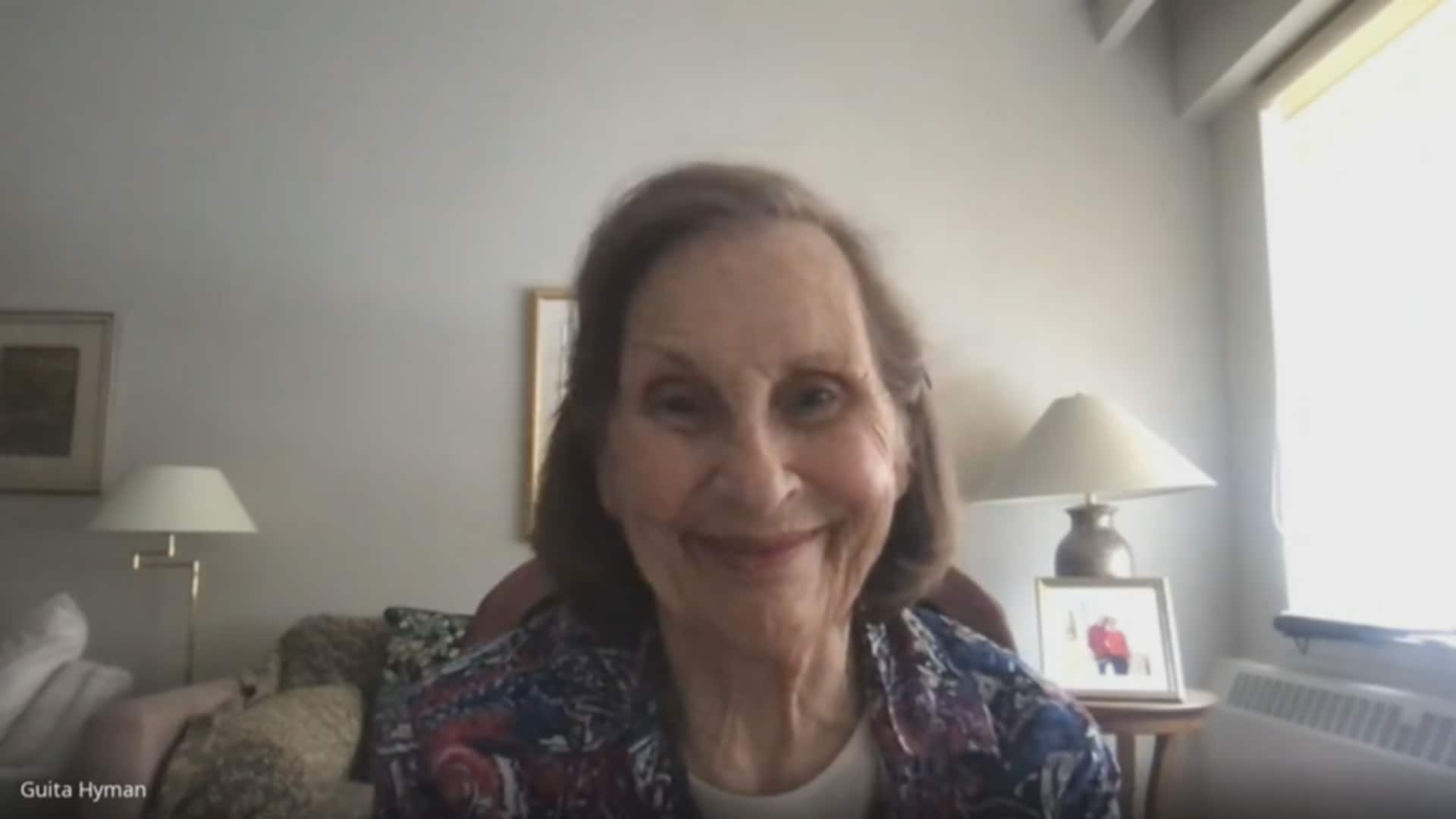Quebec is opening up COVID-19 vaccine appointments on Thursday for those born in 1936 or earlier, a development that is being met with relief and a little skepticism by the seniors next in line.
There are a great many things Guita Hyman, 86, misses about the before times, but there are a few things in particular she is looking forward to seeing once she’s vaccinated against COVID-19: her four children, nine grandchildren, 26 great-grandchildren and her condo in Florida.
The Montreal resident has been doing most things from home for months so is also looking forward to carrying out the mundane tasks of daily life in person.
“It would be a relief to do my own shopping instead of doing it online,” she said. “Just to touch the vegetables to see if they’re ripe … that would be fun.”
Hyman will be among the Quebecers born in 1936 or earlier who will be allowed to book a vaccination appointment as of Thursday.
About 200,000 people in the province are aged 85 and older. The bulk of them live in the greater Montreal area, which will be a particular point of emphasis in the early stage of the mass vaccination campaign.
‘When I see it, I’ll believe it’
A majority of those who live in seniors’ residences and nursing homes have already received their first dose of vaccine, Premier François Legault indicated at a press conference on Tuesday, and vaccinating the rest of the cohort is expected to take about two weeks.
In some areas, such as the Capitale-Nationale region in Quebec City, officials have decided to lower the age bar to 80.
While Hyman is “delighted” to be able to register for an appointment later this week, she still has some questions and concerns.
Will there be enough operators to handle the call volume? Will they speak both English and French? How will seniors get to and from the vaccination centre?
Many seniors, Hyman said, aren’t as lucky as she is when it comes to having family close by to help drive her around.
“I have a lot of acquaintances, friends, whose children are not in town and who will have a problem accessing a suitable or nearby station,” she said.
WATCH | Guita Hyman wonders about how seniors with mobility issues will get the shot:

Guita Hyman, 86, wonders how people with mobility issues will get to and from vaccination centres. 2:17
During his news conference Tuesday, Legault said that, for now, there are no plans to vaccinate people at home.
There are also practical concerns about accessibility in the vaccination centres the province has set up. Will people have to stand in line? How crowded will the centres be?
As Daphne Nahmiash, a retired gerontology professor put it, “this gives us a lot of hope … but we still have a lot of questions.”
Selma Spector, 86, was even more blunt.
“When I see it, I’ll believe it,” she said. “There’s been so many hitches, and with everything that has gone wrong, I don’t know who to believe.”
Not that Spector isn’t keen to have her turn. She said the pandemic has taken its toll and she hopes this rollout will be as efficient as possible.
“It feels like a lost year, and I haven’t got that many more years [left],” she said.
A burden lifted
Nahmiash is 79, but her husband is in his eighties. Under the rules set forth by the government, anyone born in 1936 or before is eligible for vaccination, as is a companion or caregiver who is at least 70 and spends three days a week with them.
Nahmiash said despite concerns about how the system will work, the announcement relieves a heavy burden.
“It makes a very big difference to how we feel,” she said. “All of us have been living with an underlying fear that every time we leave the house or every time somebody comes near the house, we’re at risk. Most of us have chronic illnesses of some kind or another.”
And then there’s the isolation, or as Spector framed it, the pandemic is “frankly, boring.”
As the vaccination campaign ramps up later this week and next, it holds out the promise of a far more interesting spring.
